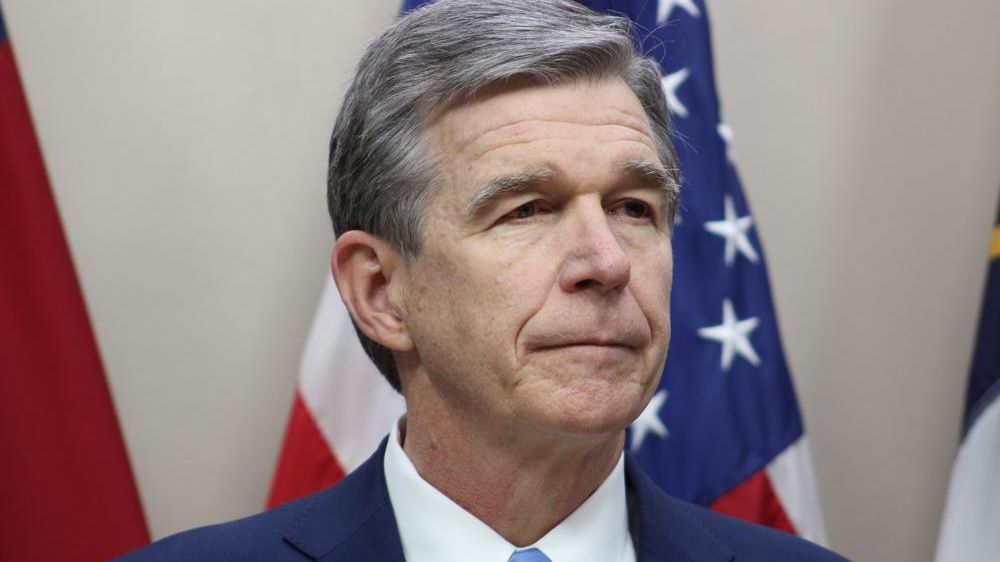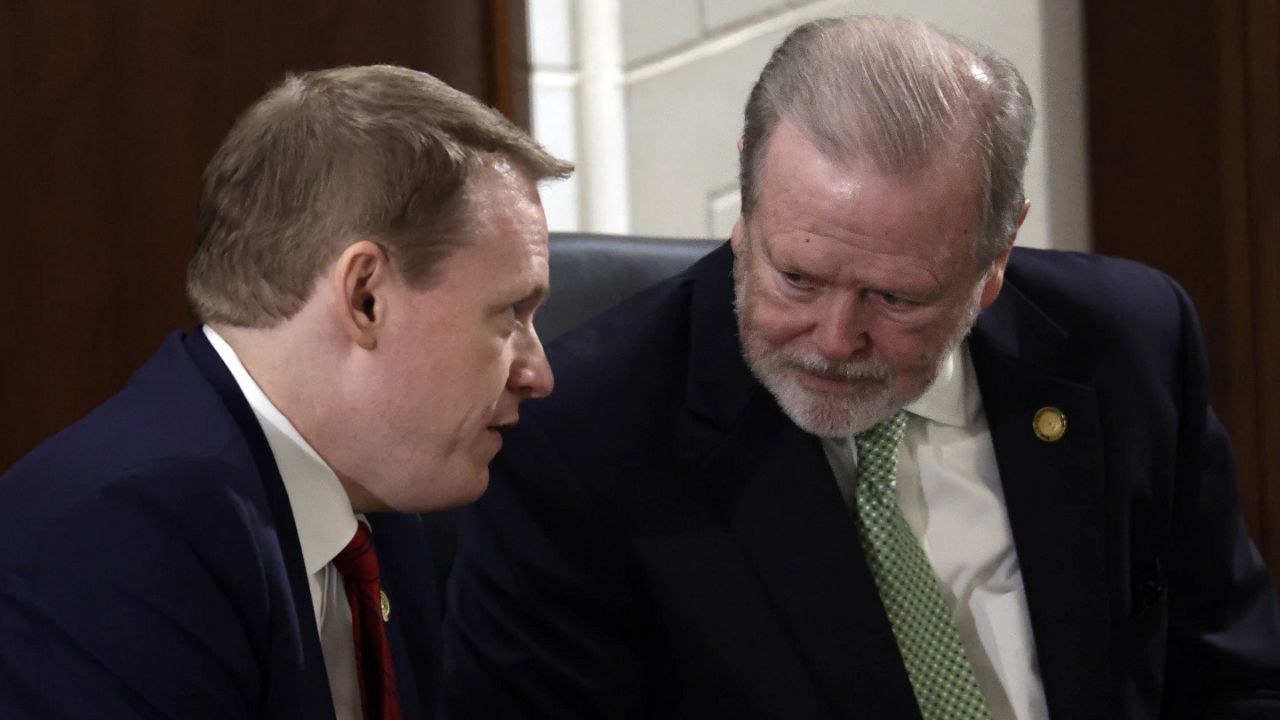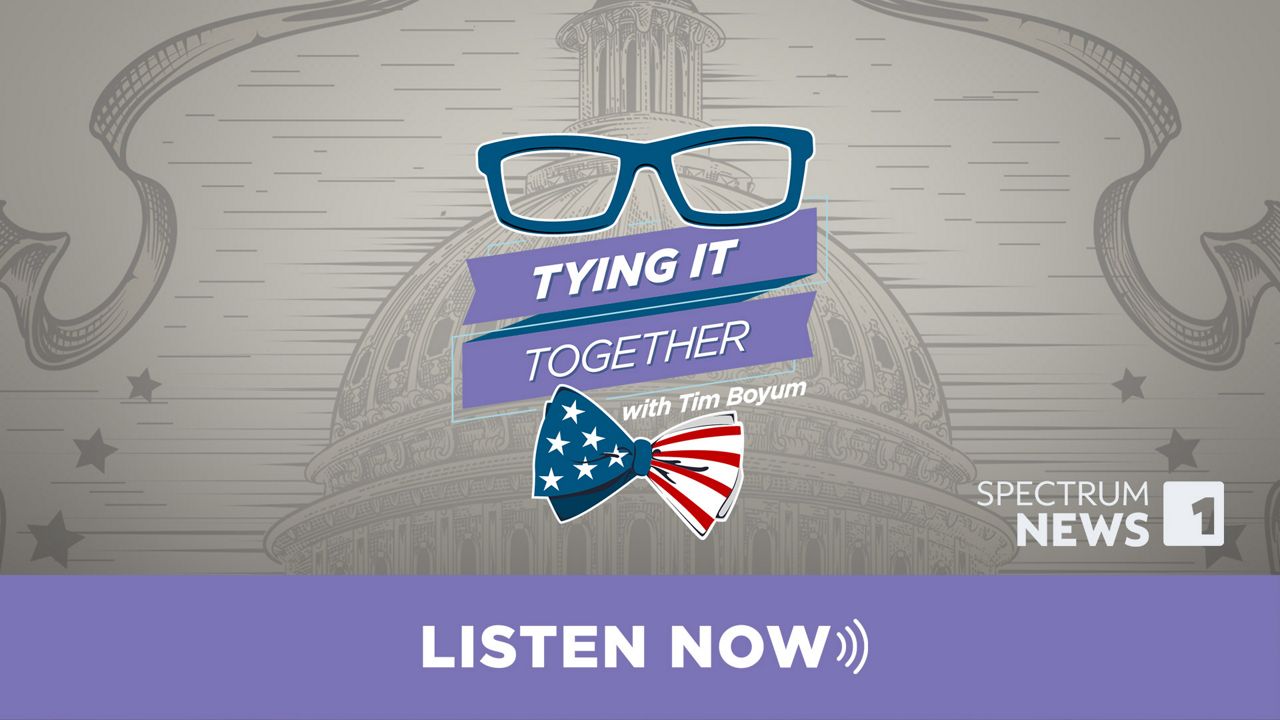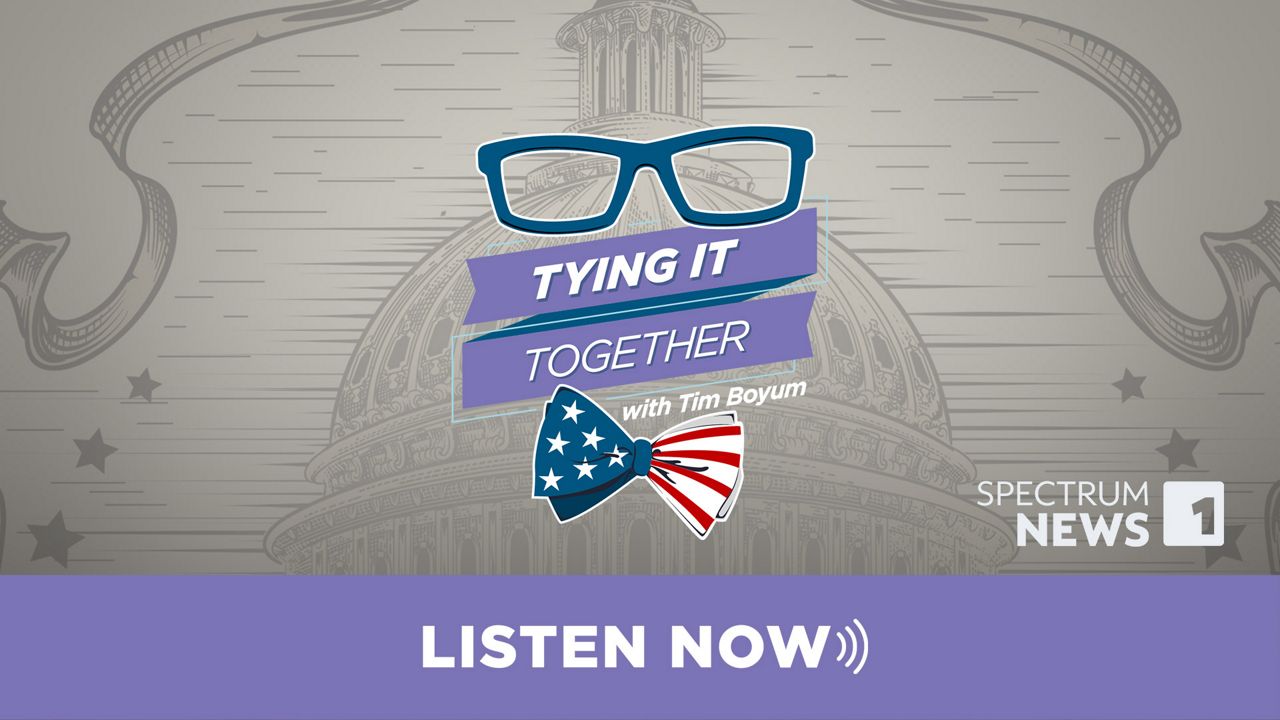RALEIGH, N.C. — North Carolina state government is on track to see a double-digit percentage increase in revenues by the end of the fiscal year compared to the total that legislators used in fashioning this year's budget, according to a report released Wednesday.
A new revenue forecast agreed upon by General Assembly staff economists and Gov. Roy Cooper's state budget office projects that the state will take in $33.76 billion for the fiscal year ending June 30.
That's $3.25 billion, or 10.7%, above the $30.51 billion anticipated when the current state budget law was enacted last summer, according to a forecast summary provided by the Office of State Budget & Management. This projected overage aligns with previously released numbers showing revenues $1.2 billion above the forecast target through November.
The projection means that Republican legislators and Cooper, a Democrat, have some additional one-time money to consider when they broker the next two-year budget in the coming months. Employee and teacher pay raises, capital improvements, reserves and tax cuts are among the use options.
The current annual budget is nearly $28 billion. The state's coffers already contain $5.9 billion in reserves to address fiscal emergencies and inflation alone.
The forecast summary says revenues continue to grow thanks to “persistently high corporate profits,” a smaller-than-expected decline in individual income tax collections and “resilient consumer spending,” which affects sales taxes.
But the forecast envisions slight revenue reductions for each of the next two fiscal years, dropping to $33.65 billion for the year ending June 30, 2025. The OSBM summary attributes this to anticipated stagnant real economic growth in the economy this year and otherwise slow growth through mid-2025.
Cooper will present a proposed two-year state budget in the coming weeks. Legislative budget subcommittees are already meeting. By tradition, the House will unveil and pass a legislative budget bill first, probably in April. The Senate will then pass a competing measure, leading to negotiations. Cooper will be asked to sign any final measure into law.
The flat revenue forecast beginning next fiscal year could be used by Cooper and his allies to push back against potential GOP efforts to reduce taxes further or to accelerate recent cuts.
The OSBM summary points out tax cuts and revenue transfers already on tap to occur by mid-2025. They include the reduction of the individual income tax rate from 4.75% this year to 4.5% in 2025 and the reduction of the corporate income tax rate reduction from 2.5% to 2.25% in 2025.
“I hope we can negotiate a bipartisan budget that makes these investments without more tax breaks for the wealthiest among us," Cooper said in a news release, adding that the surplus funds “are needed desperately to pay our teachers more, fund our schools, provide quality child care for parents in our workforce and to pay for the tax cuts for working families that we put in place last year.”
While Senate leader Phil Berger said separately that the “forecast confirms that North Carolina’s tax policies are fueling economic growth,” he preached caution in preparing the next budget.
“We must continue to prioritize responsible spending, addressing our state’s workforce needs, and providing additional tax relief to our citizens,” Berger added.
Republicans now likely hold more of the cards in budget talks with Cooper after GOP electoral gains in November give them a veto-proof majority in the Senate and place them within one seat of a similar majority in the House.
During the last fiscal year — ending June 30, 2022 — the state ultimately received $4.8 billion more than was projected.
The revenue picture has been historically subject to wild swings after income tax payments arrive in mid-April. An updated forecast is usually posted in May.








